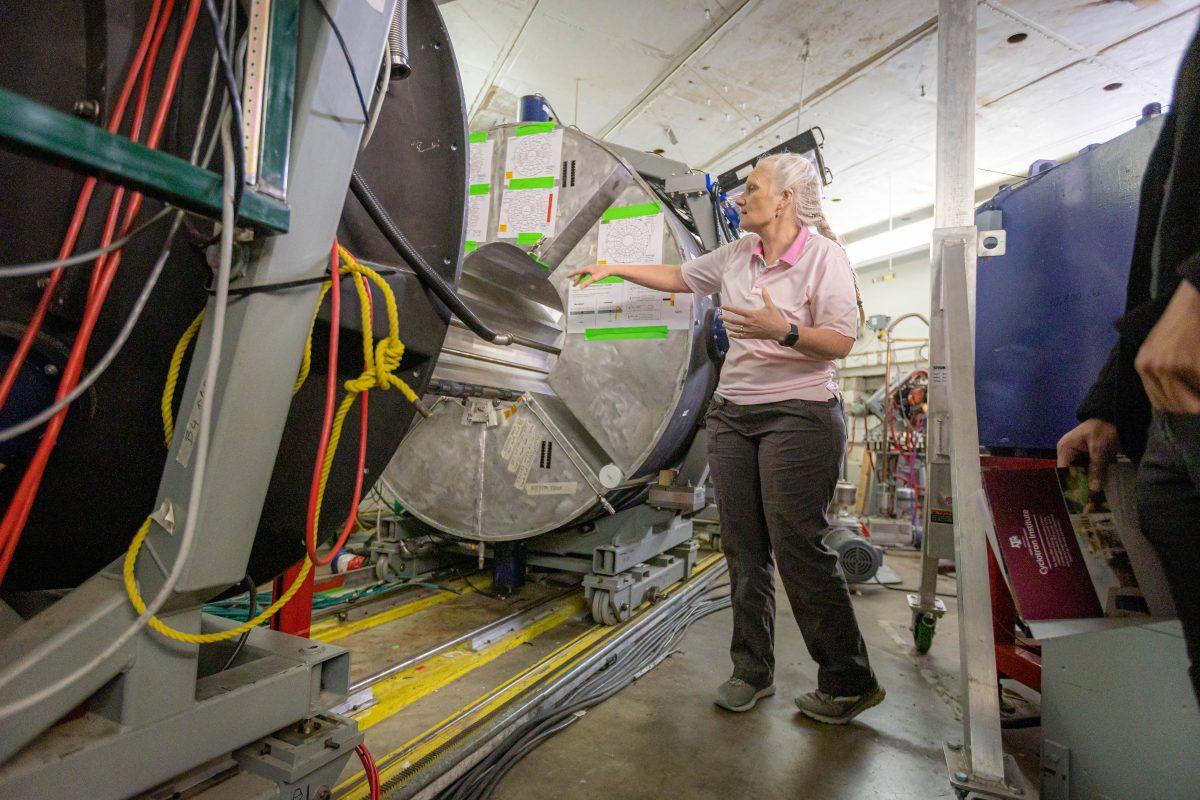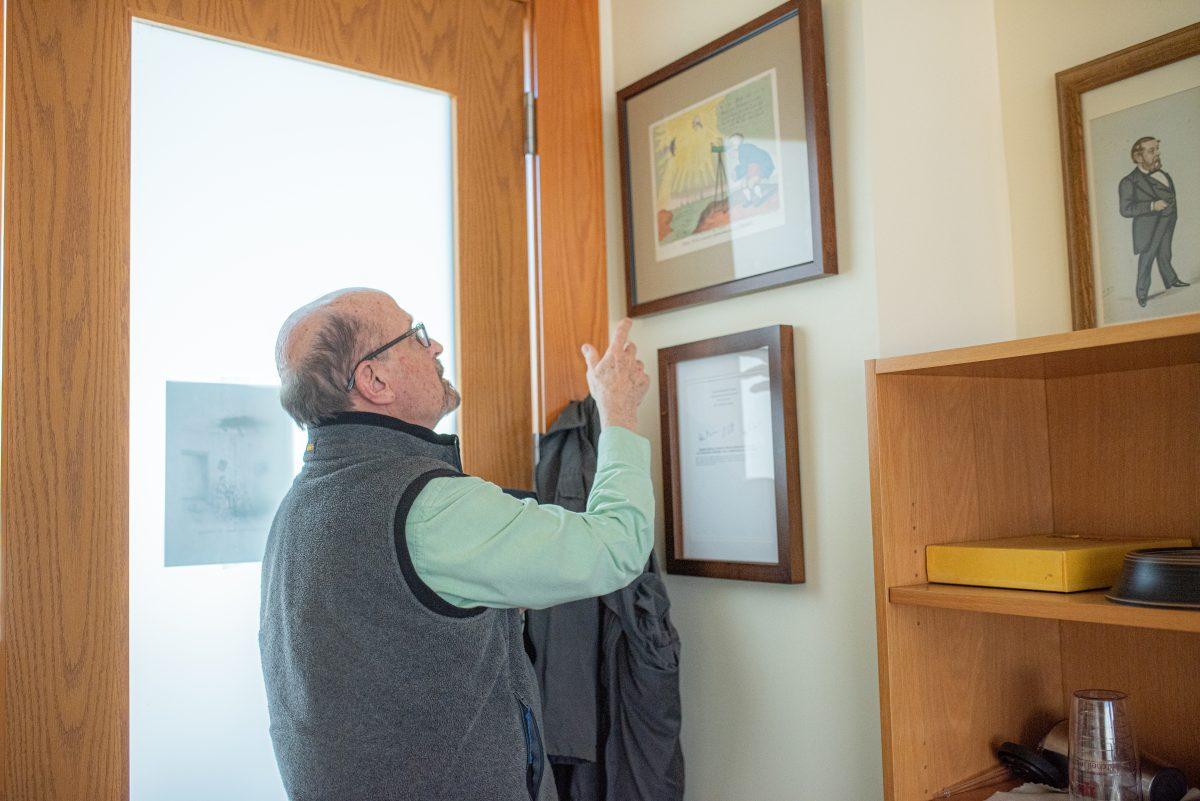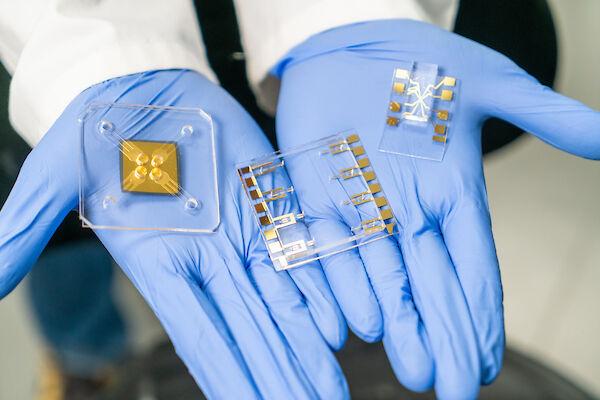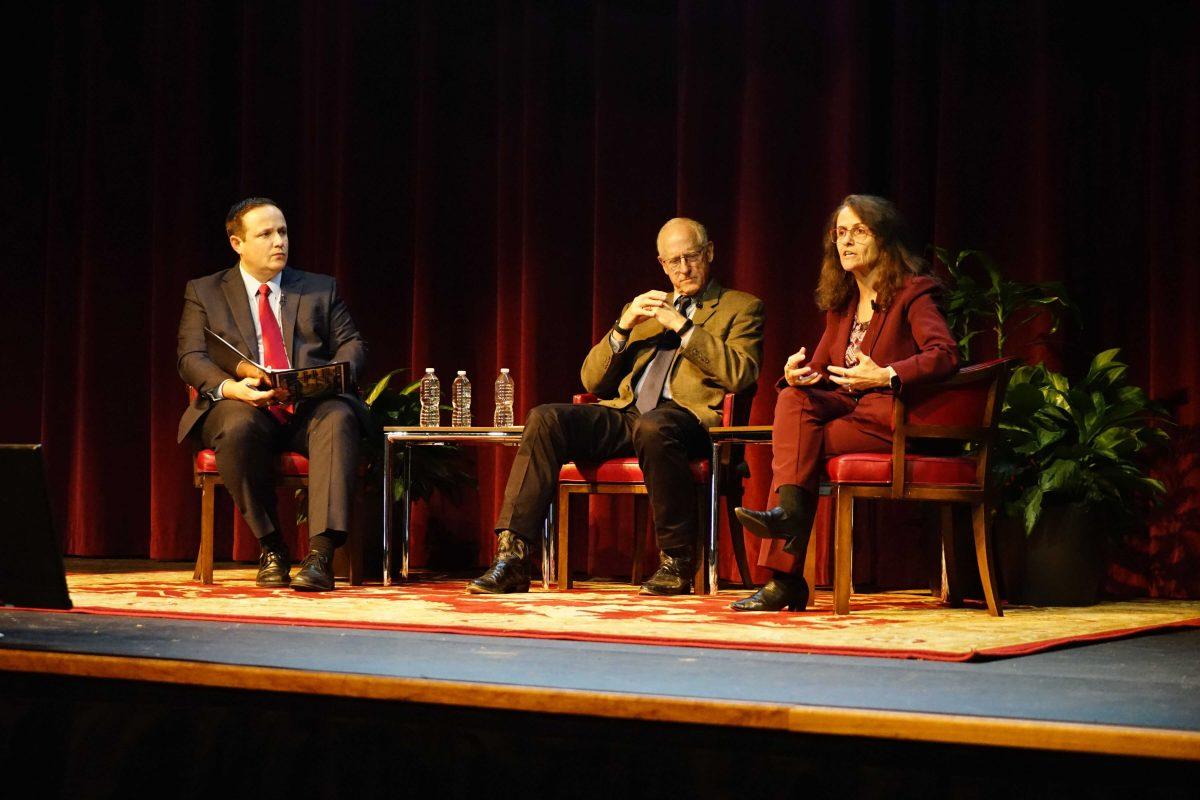When it comes to the world of science, discoveries and breakthroughs are made every day. To help you keep up with them, The Battalion compiles a few of the most compelling scientific stories from this past week.
Psychology: Large amount of wealth linked to increased happiness — especially among those who earned it
According to a recent study on over 4,000 millionaires, people who earned their large amounts of wealth are happier than ones that inherited it. The study, published in Personality and Social Psychology Bulletin, looked at two different surveys of millionaires from 17 different countries to determine whether more wealth could connect to greater happiness in life.
One survey asked about a person’s overall happiness and the other looked at overall life satisfaction of a millionaire. The results found subjects having over $8 million in the first survey and $10 million in the second survey were linked to a overall greater well-being. The researchers believed due to the overall greater amount of money leads to an overall sense of freedom with their time. The researchers hope future research can build on this and see how much a “normal” earner needs to earn to raise their happiness by an idea of “one point”.
Physics: Scientists Create a New Form of Light by Linking Photons
Scientists have created a new form of light that could be used in new ways to communicate and computing in the future. Typically, photons don’t interact with each other, but scientists brought together individual photons to link up, similar to how atoms link together in molecules.
In their research, the team of scientists fired a weak laser at a cloud of rubidium atoms. As the photons passed through the cloud, the photons slowed down from their normal speed of light and some even came through the cloud in pairs and triplets. The idea of photons being bound together can lead to technological advances, including quantum computing. Being able to encode information into photons can lead to more precise clocks, uncrackable codes, and more powerful computers. By controlling the attraction and repulsion of these photons, the researchers look to arrange the photons in structures so they can fill the space while holding a formation. This patterned arrangement would be a light crystal.
Health: Promising cancer vaccine would use patient’s own cells to train the immune system
Adult cells that are re-programmed to act like stem cells could serve as a vaccine against cancer. Researchers at Stanford University injected mice with a vaccine made from the cells, which triggered an immune response inside the mice. Since the cells share proteins with cancer cells, the mice’s immune system started to reject the cancer cells. This method showed to prove effective against multiple types of cancers in mice and the researchers hope it can be used in the future on humans.
The induced pluripotent stem cells (iPSCs) were created by changing the nucleus of a somatic cell, a skin or blood cell, to express similar genes as embryonic stem cells. The main application of these cells help understand disease mechanism, drug discoveries and medicine. The researchers hope that if future patients could be vaccinated by a certain age, their immune system could be boosted to target possible cancerous cells and limit cancer from growing. Scientists look to continue their research by performing “in vitro” experiments to validate the safety of the vaccine on human subjects.
This week in science
February 22, 2018

Photo by Creative Commons
This Week in Science
Donate to The Battalion
Your donation will support the student journalists of Texas A&M University - College Station. Your contribution will allow us to purchase equipment and cover our annual website hosting costs.






















